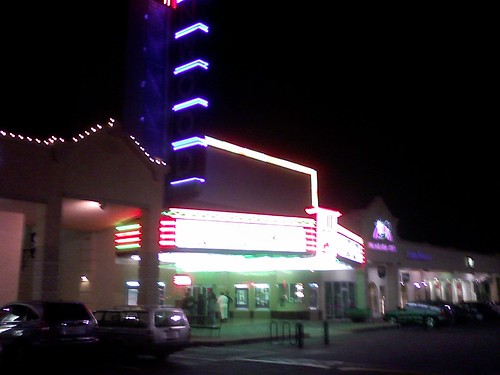Another Christmas has come and gone. On Christmas Eve Susan cooked a pot roast in the traditional style I grew up with. The meat came from a small order we placed with Dominion Farms, a local organic farming operation. All their animals are fed natural diets, no hormones or antibiotics. The meat was really tasty, so we’ll probably get more from them in the future. My brother Randy joined us for dinner and we played several games of Scrabble afterwards while eating Apple Pie.
Susan and I spent Christmas morning at home opening a few presents for each other and then we drove up to McKinney to spend the rest of the day with family and friends. There was more opening of presents, large quantities of food, and lots of catching up on family news. We played a couple of games include Mexican Train dominoes and something new called Catch Phrase that our niece and nephew talked us into.
I spent some time helping my nephew rip audio tracks from a CD to use as ringtones on a his new phone. I’d forgotten how difficult it can be on Windows boxes to do simple things like converting from one audio file format to another. His phone needed MMA or MP3 audio but Windows would only rip CDs in WMA format. I Googled for downloadable sound utilities but could only find crappy shareware and freeware stuff that mostly didn’t work. Then it occurred to me to see if any free software audio tools had been ported to Windows. I was pleasantly surprised to find Audacity for Windows. It’s really amazing how much better most free software apps are compared to your average Windows programs these days! Audacity really saved the day for us. We were able to edit the track down to size, convert it to MP3 and get it onto his phone’s SD card. And all in time to grab a piece of home made fudge before it vanished.

